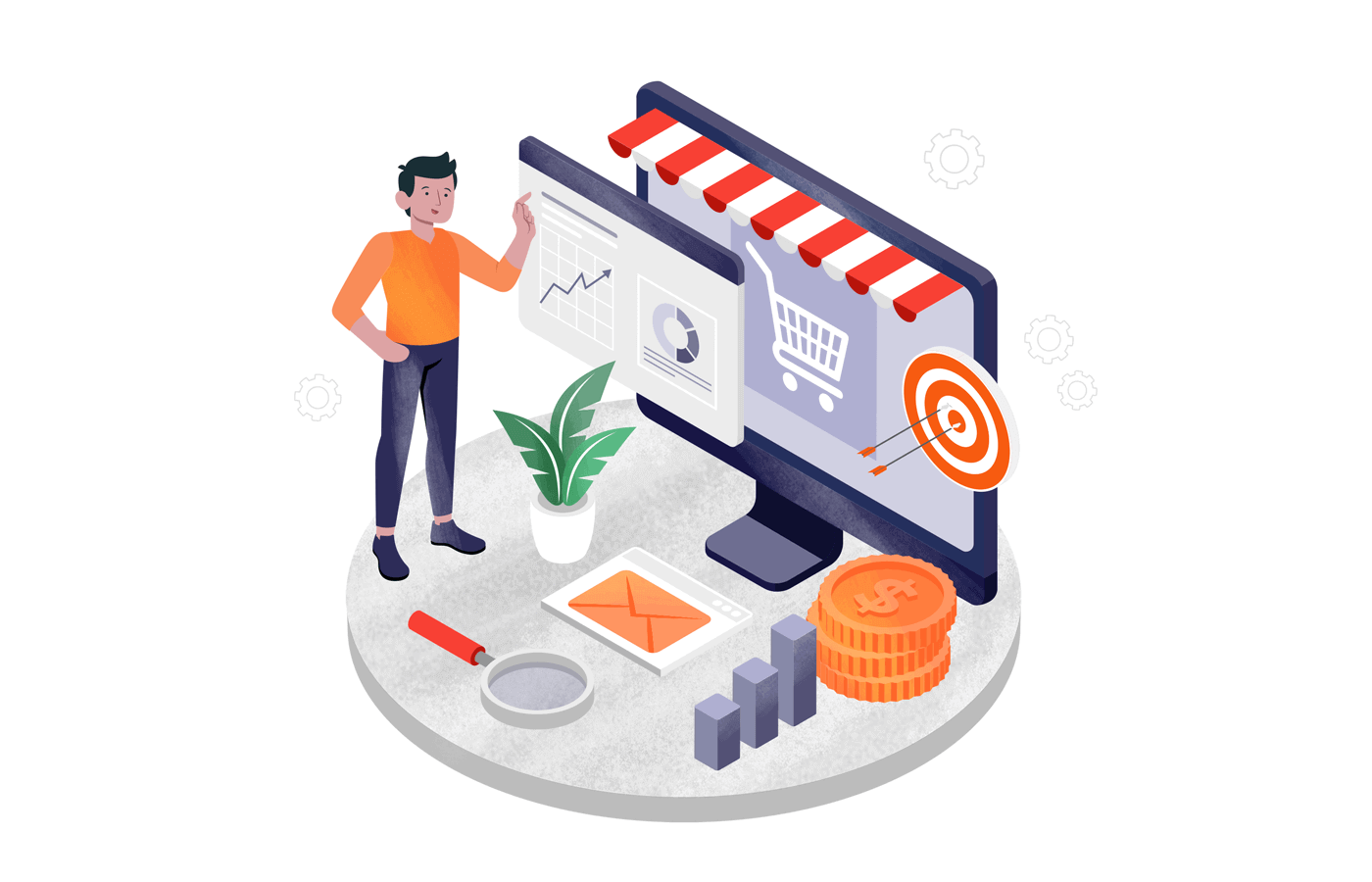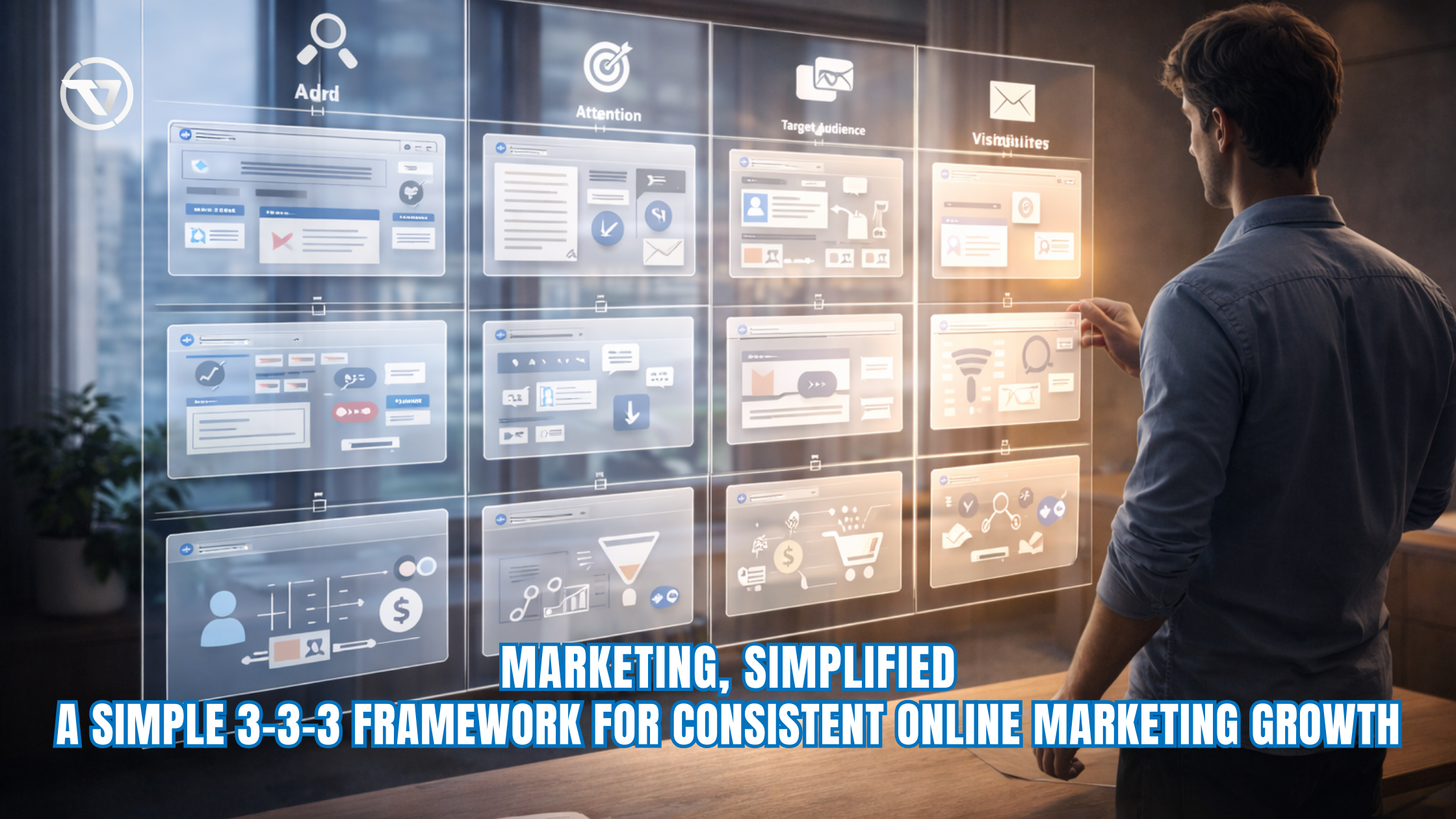
Unlocking Success with an E-Commerce Marketing Agency
The e-commerce landscape is constantly evolving, and staying competitive requires more than just having a great product. An e-commerce marketing agency provides the expertise, tools, and strategies to help businesses thrive online. This guide explores the role of such agencies, their key services, and how they can propel your e-commerce venture to new heights.
The Role of E-Commerce Marketing Agencies in Digital Growth
E-commerce marketing involves diverse strategies, from SEO and PPC to social media and conversion optimization. These complexities can be overwhelming for businesses lacking specialized resources. That’s where e-commerce marketing agencies come in, offering tailored solutions to bridge these gaps.
By partnering with an agency, you gain access to experts who understand the nuances of digital marketing. Their goal is to maximize visibility, drive traffic, and boost sales while keeping costs in check.
1. Expertise in Omni-Channel Strategies
In today’s connected world, consumers interact with brands across multiple platforms. Omni-channel marketing ensures a seamless customer experience, no matter the touchpoint. Agencies excel at creating integrated strategies that unify campaigns across platforms like Facebook, Instagram, Google Ads, and email marketing.
2. Optimizing Return on Investment (ROI)
Every marketing dollar matters in e-commerce. Agencies employ data-driven insights to ensure your campaigns deliver maximum ROI. By constantly analyzing performance metrics such as conversion rates and cost-per-click (CPC), they fine-tune strategies to get the most out of your budget.
Core Services Provided by E-Commerce Marketing Agencies

Successful e-commerce marketing depends on a variety of specialized services. Here’s what agencies typically offer:
1. Search Engine Optimization (SEO) for E-Commerce
SEO is the backbone of online visibility. An agency focuses on optimizing product pages, category descriptions, and metadata to improve search rankings. They may also implement structured data markup, making your products eligible for rich results in search engines (Moz).
2. Pay-Per-Click (PPC) Advertising
PPC advertising drives immediate traffic by placing your products in front of potential customers. Platforms like Google Ads and Facebook Ads allow for precise targeting based on demographics, interests, and purchasing behavior. According to WordStream, e-commerce businesses see an average conversion rate of 3.75% with Google Ads.
3. Social Media Marketing and Engagement
Social media is a powerful tool for building brand presence and driving engagement. Agencies design campaigns to connect with your audience on platforms like Instagram and TikTok, where visual content thrives. 90% of Instagram users follow at least one business, making it a prime platform for e-commerce (Hootsuite).
4. Conversion Rate Optimization (CRO)
Driving traffic is only half the battle. CRO focuses on refining the customer journey to ensure visitors become buyers. Agencies use heatmaps, A/B testing, and user feedback to optimize landing pages and checkout processes, reducing cart abandonment and increasing sales.
How E-Commerce Marketing Agencies Help Businesses Scale

Scaling an e-commerce business involves more than just increasing inventory. It requires strategic marketing to expand reach, build customer loyalty, and sustain growth.
1. Personalizing Customer Experiences
Personalization is key to customer retention. Agencies use tools like AI-powered recommendation engines to tailor product suggestions and marketing messages, creating a unique shopping experience. Personalized emails generate 6x higher transaction rates, according to Statista.
2. Leveraging Analytics for Data-Driven Decisions
Data is at the heart of effective e-commerce strategies. Agencies leverage advanced analytics tools to track customer behavior, identify trends, and make informed decisions. For instance, tools like Google Analytics and Shopify Insights provide real-time data that drives strategy adjustments.
Choosing the Right E-Commerce Marketing Agency
Not all agencies are created equal. Choosing the right one can make or break your marketing efforts. Here are key factors to consider:
1. Evaluating Industry Experience
Look for agencies that specialize in e-commerce and have a proven track record in your niche. Their familiarity with industry trends and challenges ensures they can deliver targeted strategies.
2. Reviewing Case Studies and Testimonials
Case studies and client testimonials offer valuable insights into an agency’s capabilities. Look for evidence of measurable results, such as increased ROI or reduced acquisition costs, in similar businesses.
The TaskVirtual Advantage in E-Commerce Marketing

TaskVirtual is a trusted partner for businesses seeking comprehensive e-commerce marketing solutions. Here’s how TaskVirtual can help:
- SEO Optimization: Boost your organic search rankings with expert keyword strategies and content optimization.
- Targeted PPC Campaigns: Maximize ad spend efficiency with tailored campaigns designed to convert.
- Social Media Management: Build a strong online presence and connect with your audience through engaging content.
For example, TaskVirtual helped an online retailer increase their monthly sales by 45% by combining CRO techniques with strategic PPC campaigns. To learn more, visit TaskVirtual.
Trends Shaping the Future of E-Commerce Marketing
The e-commerce landscape is always changing. Staying ahead requires adapting to these key trends:
1. AI and Automation in E-Commerce Marketing
AI tools like chatbots and automated email workflows are streamlining customer interactions. Agencies use AI to enhance personalization and improve campaign efficiency.
2. Influencer Partnerships in E-Commerce
Influencers have become a driving force in e-commerce. Partnering with influencers helps brands tap into niche markets and build credibility. 49% of consumers rely on influencer recommendations, according to Influencer Marketing Hub.
3. Sustainability and Ethical Marketing
Modern consumers prioritize sustainability. Agencies help brands adopt ethical practices, from eco-friendly packaging to highlighting corporate social responsibility initiatives in marketing campaigns.
FAQs
-
What does an e-commerce marketing agency do?
Provides expertise in strategies like SEO, PPC, social media, and CRO to drive online sales.
-
Why should I hire an e-commerce marketing agency?
They bring specialized tools, knowledge, and scalability that are hard to achieve in-house.
-
Can TaskVirtual handle small and medium businesses?
Yes, TaskVirtual tailors solutions to meet the needs of businesses of all sizes.
-
What metrics are key to e-commerce marketing success?
Metrics like ROI, conversion rate, average order value, and customer retention rate are essential.
-
What trends should I look out for in e-commerce marketing?
AI personalization, influencer marketing, and ethical branding are shaping the industry’s future.





